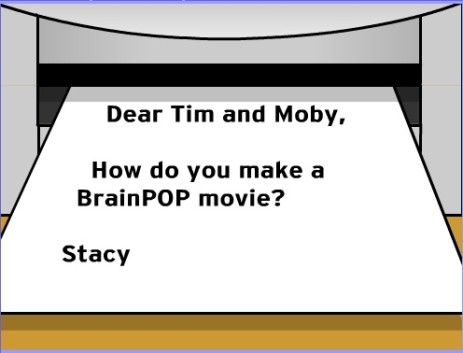

Check out some of our pronoun pins! She / Her Pronouns She / They Pronouns He / Him Pronouns He / They Pronouns They / Them Pronouns He / She Pronouns He / She / They Pronouns Check out these related LGBT terms: The reason straight, cisgender people share or display their pronouns is simple: they want to show others that they will respect everyone’s pronouns in other words, displaying their pronouns is a way to let others know (especially LGBTQ+ folks) that they will create a safe space for any LGBTQ+ folks around them. Pronouns are not indicative of a person’s sexual orientation, so naturally, not everyone who shares or displays their pronouns identify as LGBTQ+. The sharing or display of pronouns in the workplace, or on social media profiles, has also became increasingly common. The use of the singular “they” pronoun is perhaps the most commonly adopted gender neutral pronoun, in part due to its ease of use and understanding compared to other proposed pronouns. However, these pronouns are increasingly used as gender neutral pronouns to refer to a single person (singular). Smith's family” or “I spent my weekend with the Smiths”.This set of pronouns is traditionally used to refer to groups of people (plural). So, in sentence Q2 in your first message, you can say “I spent my weekend with Mr. (Notice it’s not correct to say “the Smith s family” – with “family”, the surname should be in the singular). (It’s not correct to say “It was the Smith’s party” because the party was by the whole family, not just one person, and also the definite article isn’t used with surnames in the singular).Īnother option is to use the word ‘family’, and say It was the Smith family’s party. “The Smith family” = “The Smiths”, and to make it possessive, we add an apostrophe after ‘s’ (not before it, because it already ends in ‘s’). In that question, it says The party was organised by the Smith family. You can add an ‘s’ to a surname, to mean ‘all the people in that family’. Yes, you can say This book is my brother's :) 'Smiths' is less common, but it does exist.įor Q2, both options again are grammatically correct, but the question is: how many neighbours own this car? The answers mean the car belongs to (a) one neighbour, or (b) more than one neighbour. If it is 'Mr Smith s', option b is correct. 'Smith' is a very common surname. So, for your Q1, the important question is: what is the man's name? If it is 'Mr Smith', option a is correct. the car's wheels (= the wheels of the car).Tim's books (= the books that belong to Tim).my sister's books (= the books that belong to my sister, i.e.Otherwise, put the apostrophe before 's'.

the bus' wheels (= the wheels of the bus).James' books (= the books that belong to James).

#TIM AND MOBY THEY THEM PRONOUNS FULL#
We can use a possessive pronoun instead of a full noun phrase to avoid repeating words: (NOT Is that car your's/her's/our's/their's?) Possessive pronouns do not have an apostrophe:


 0 kommentar(er)
0 kommentar(er)
